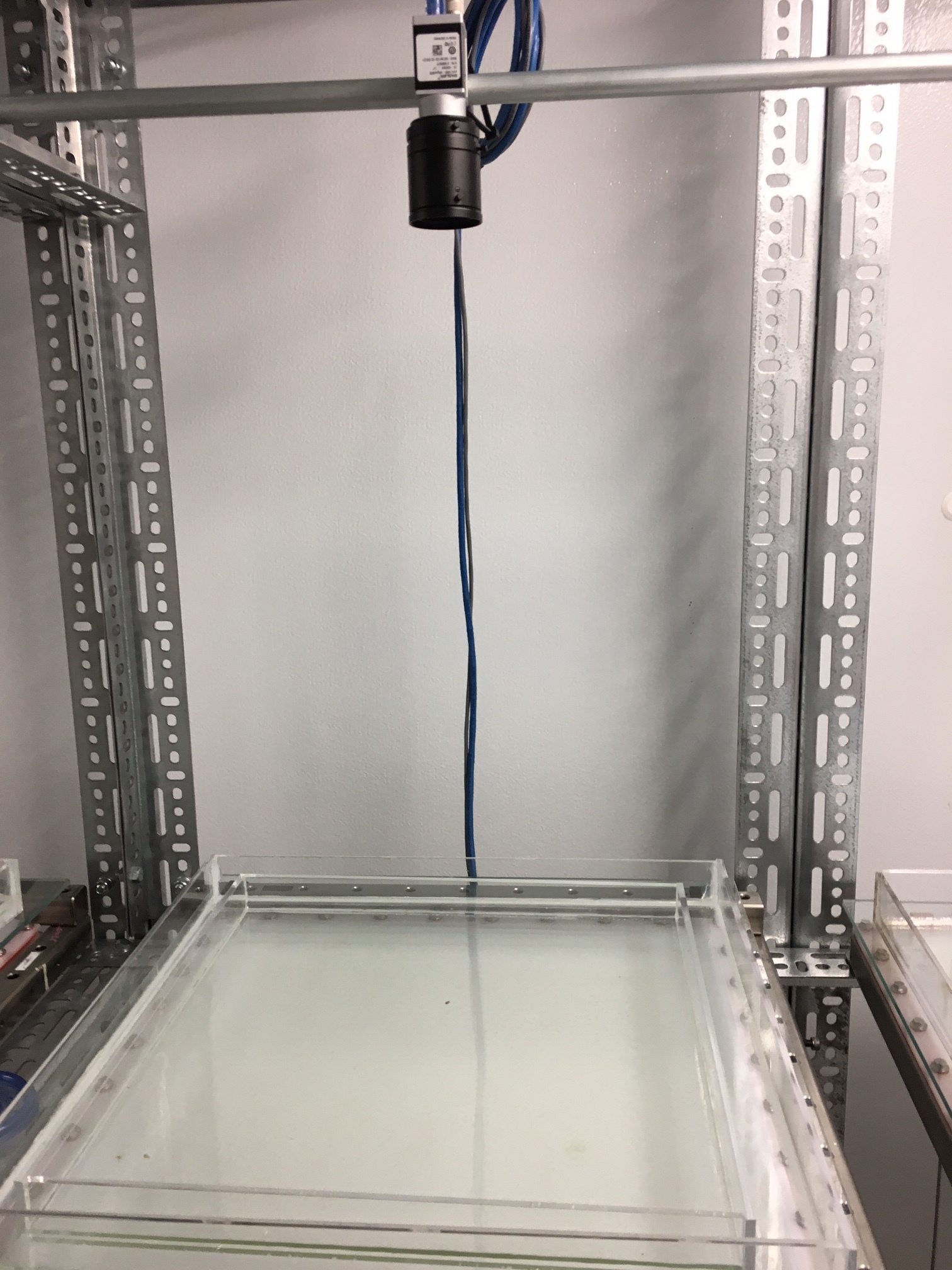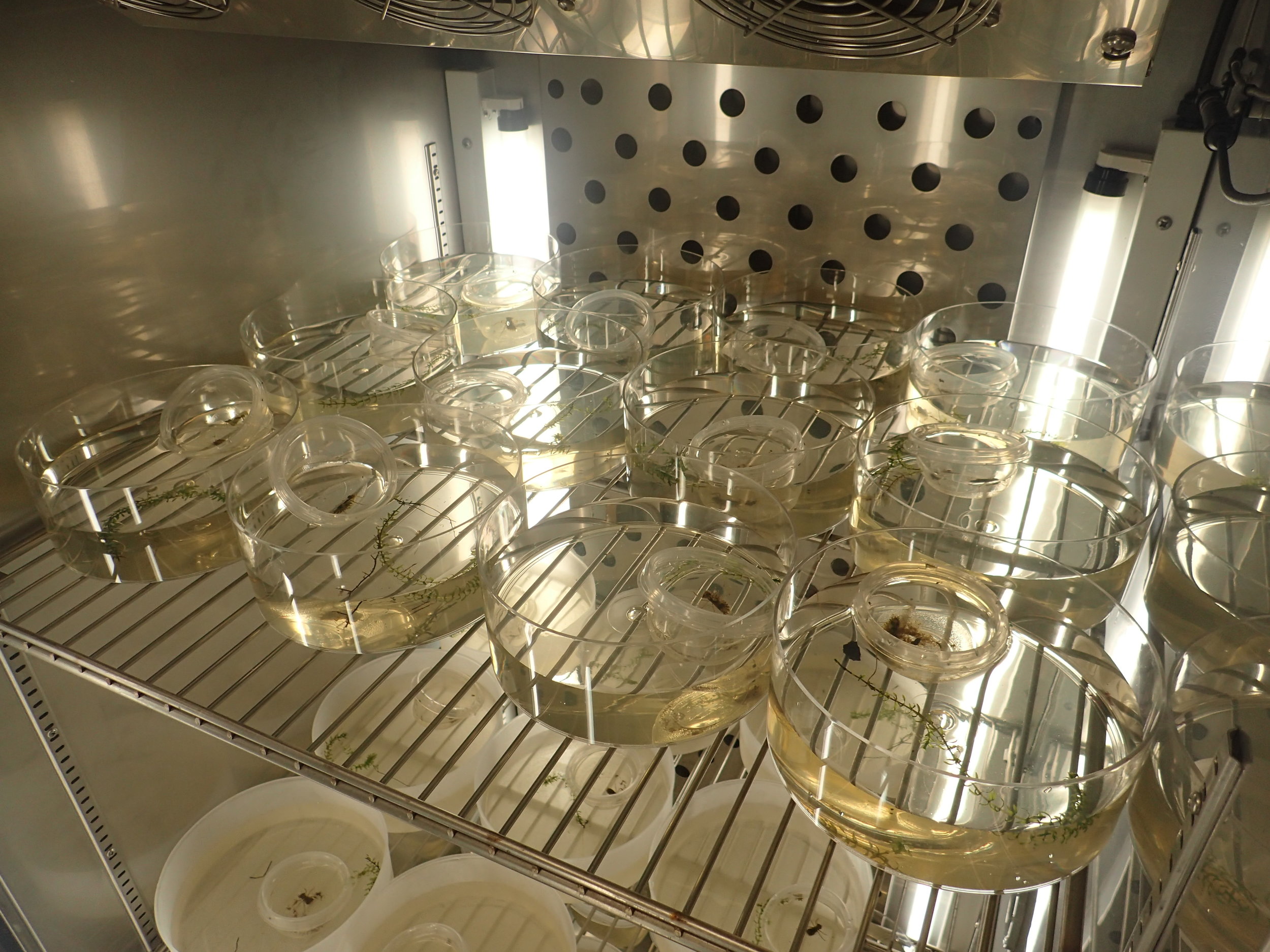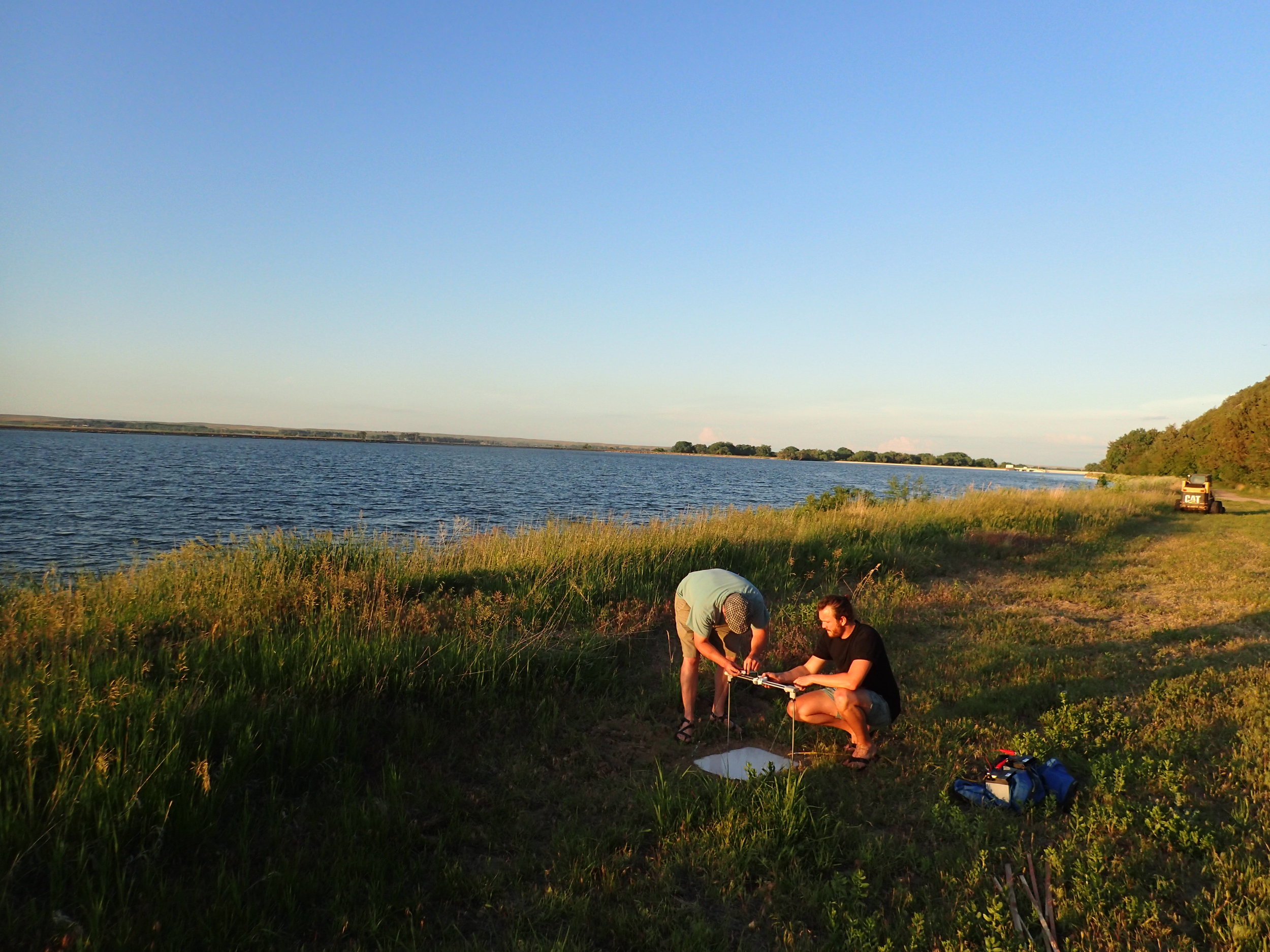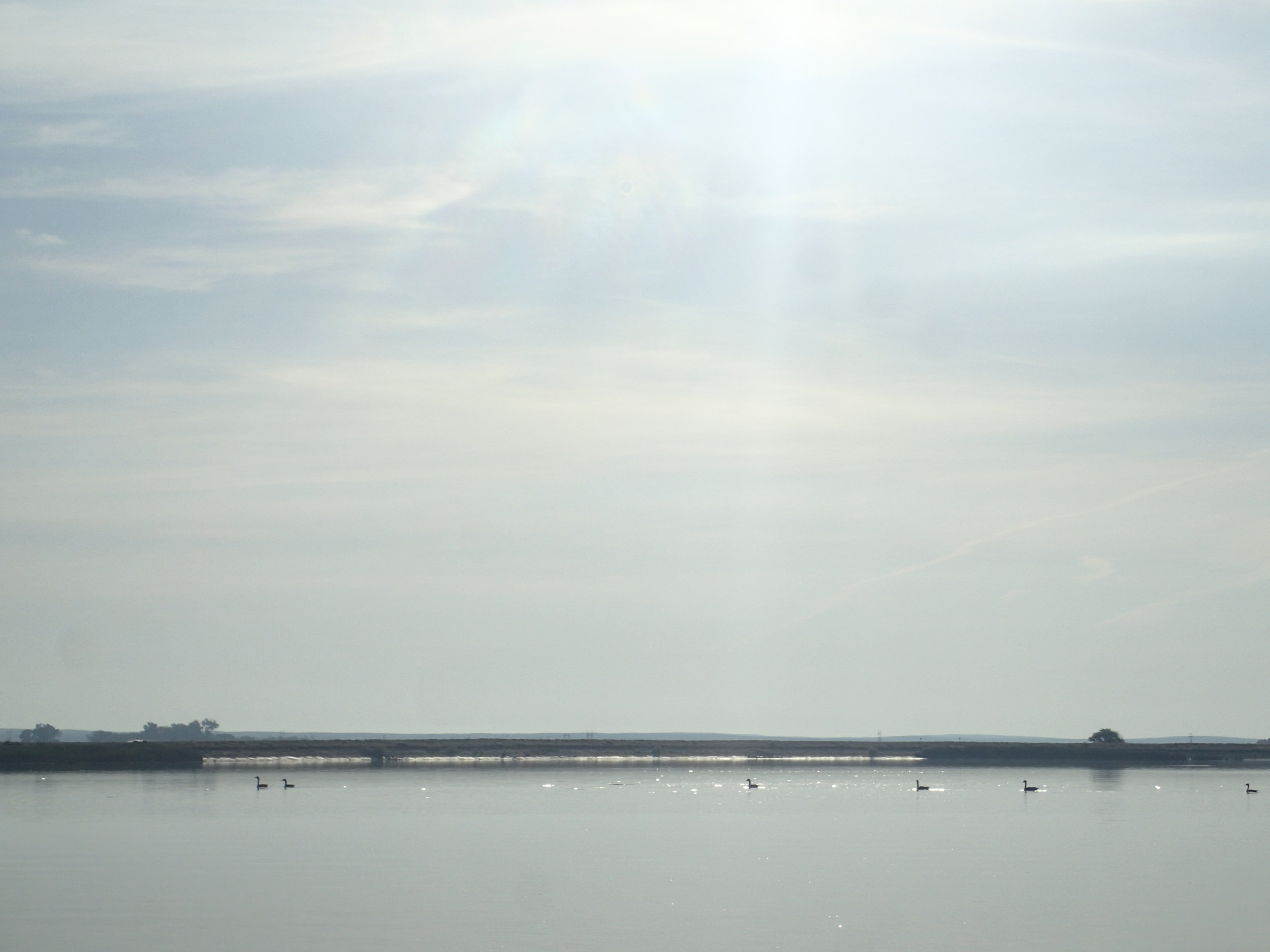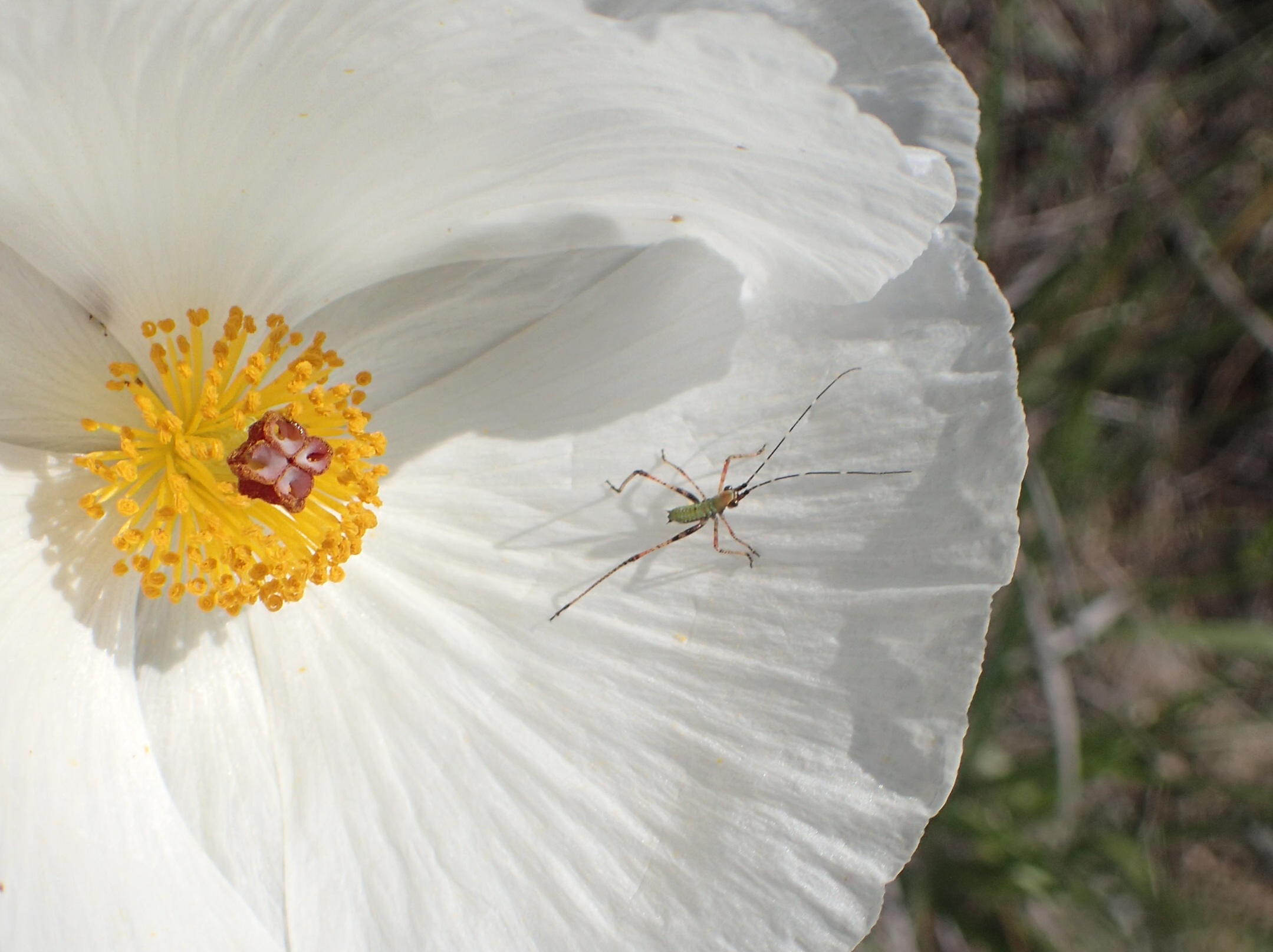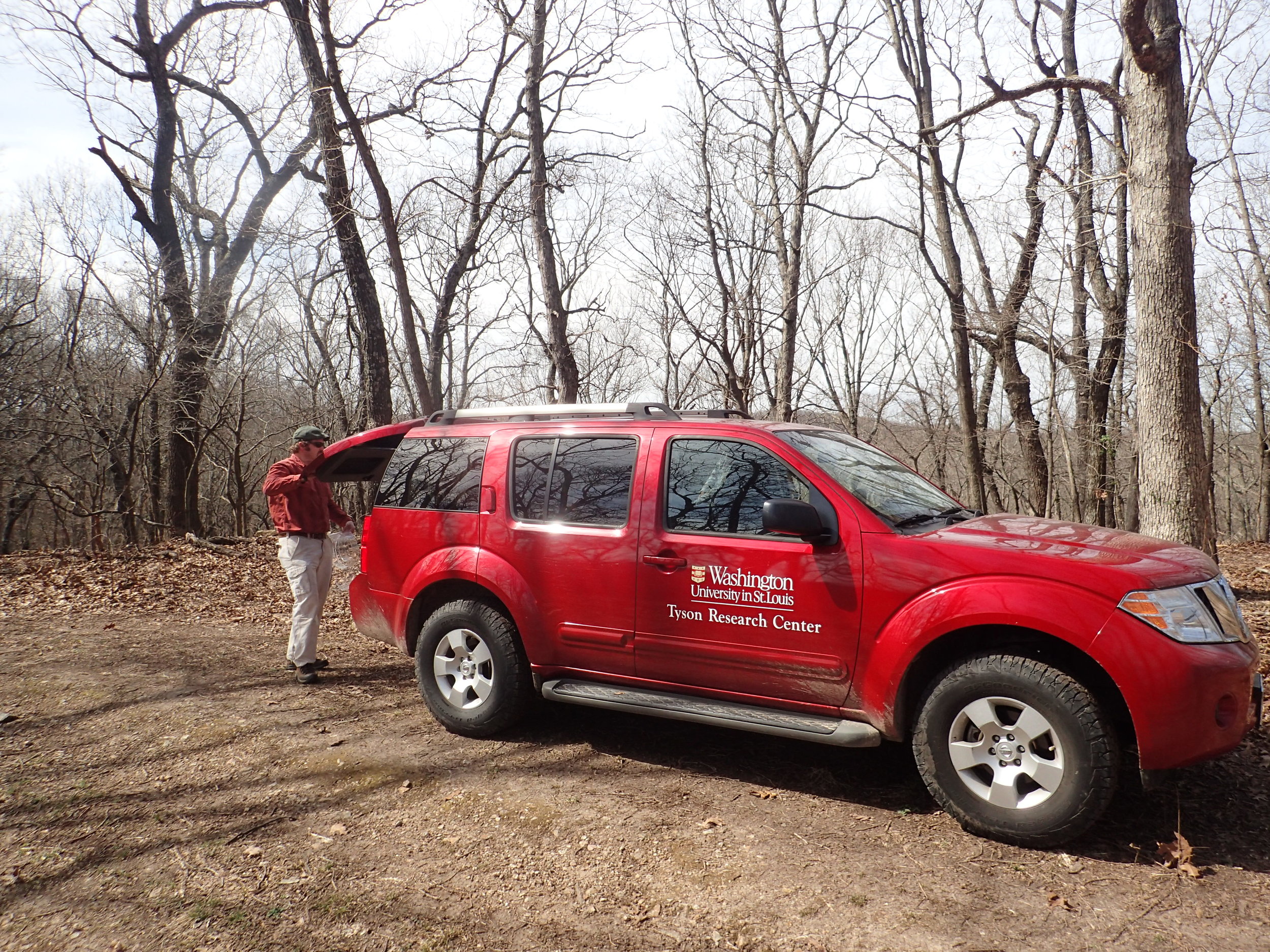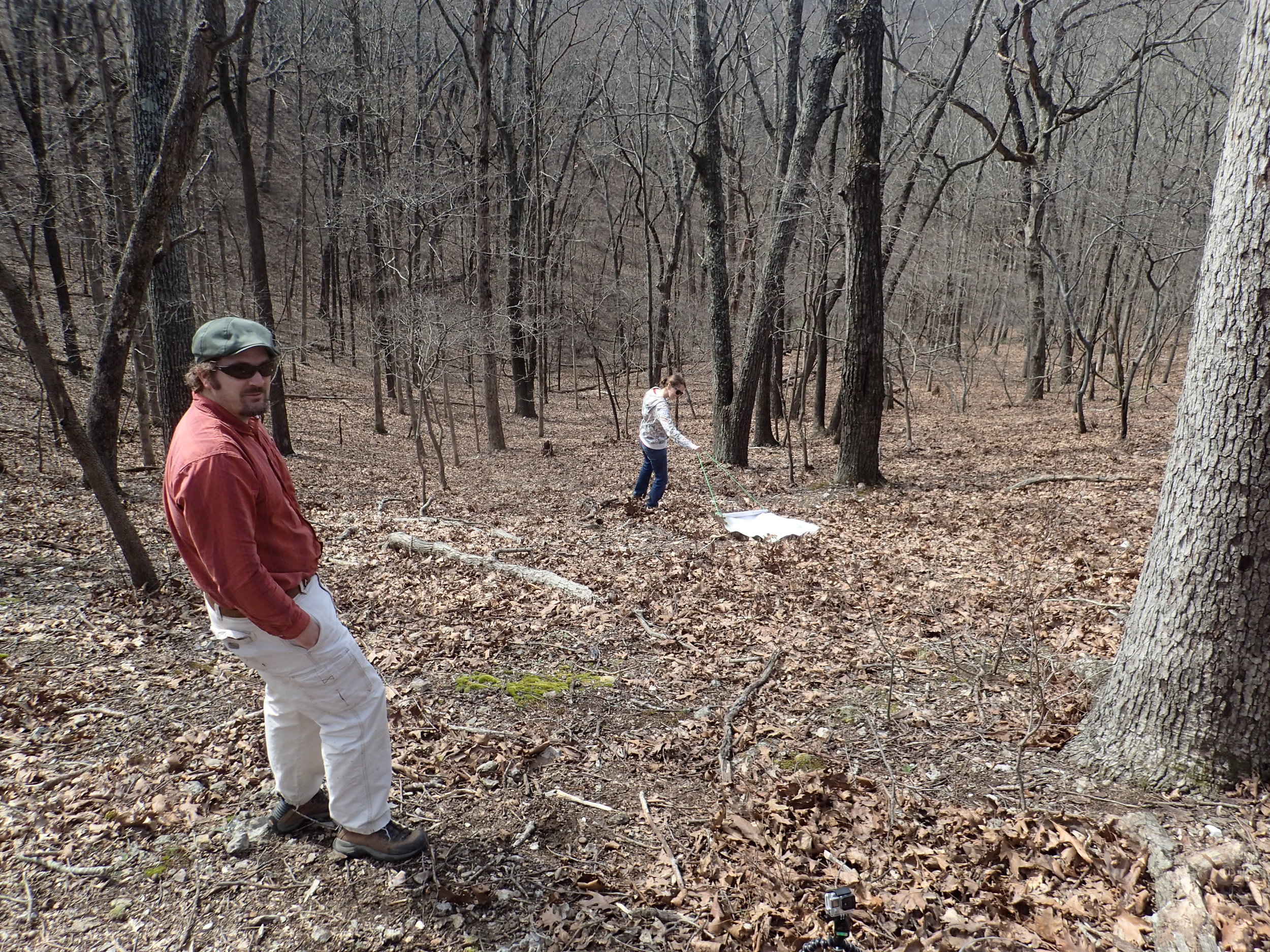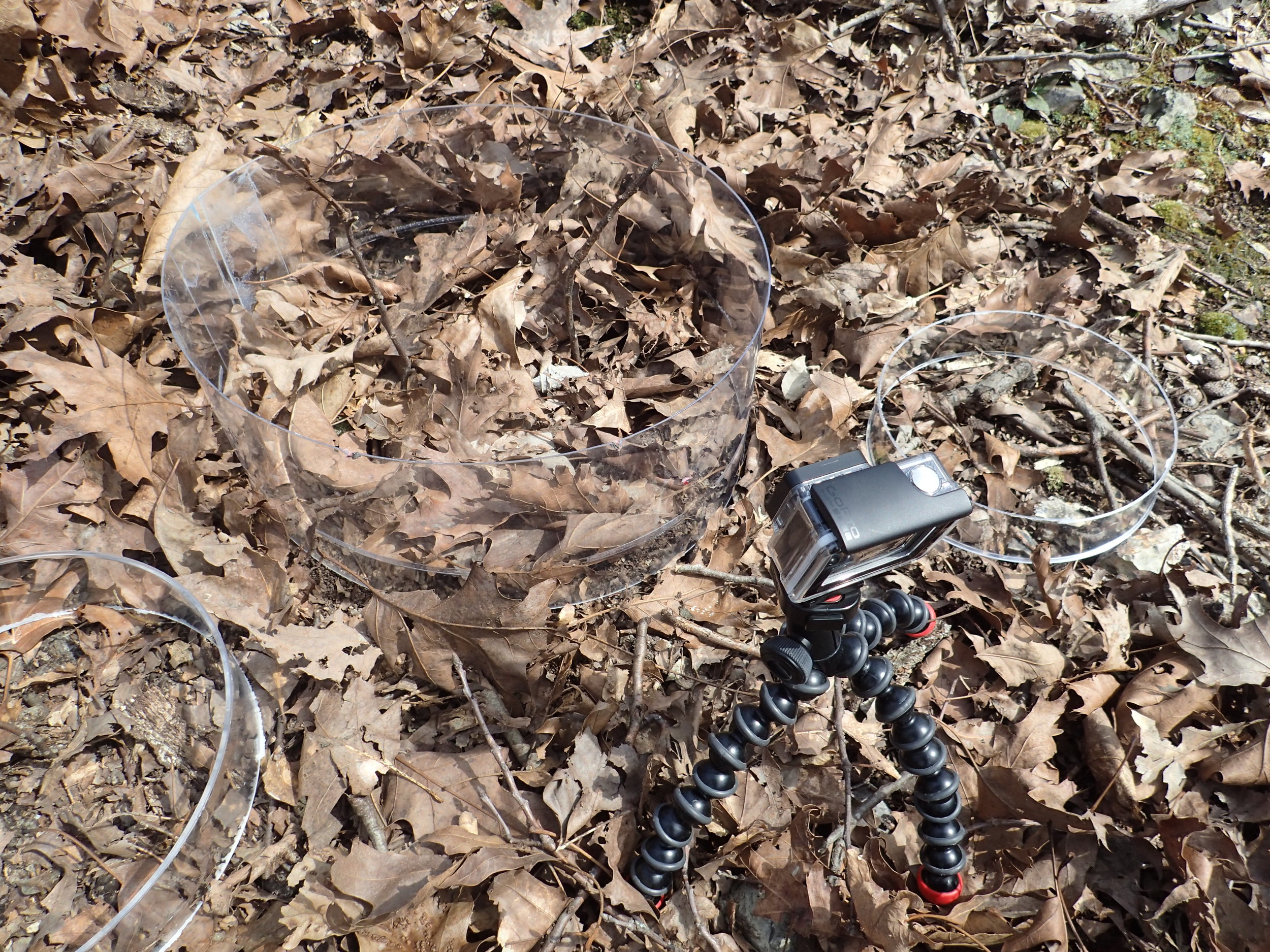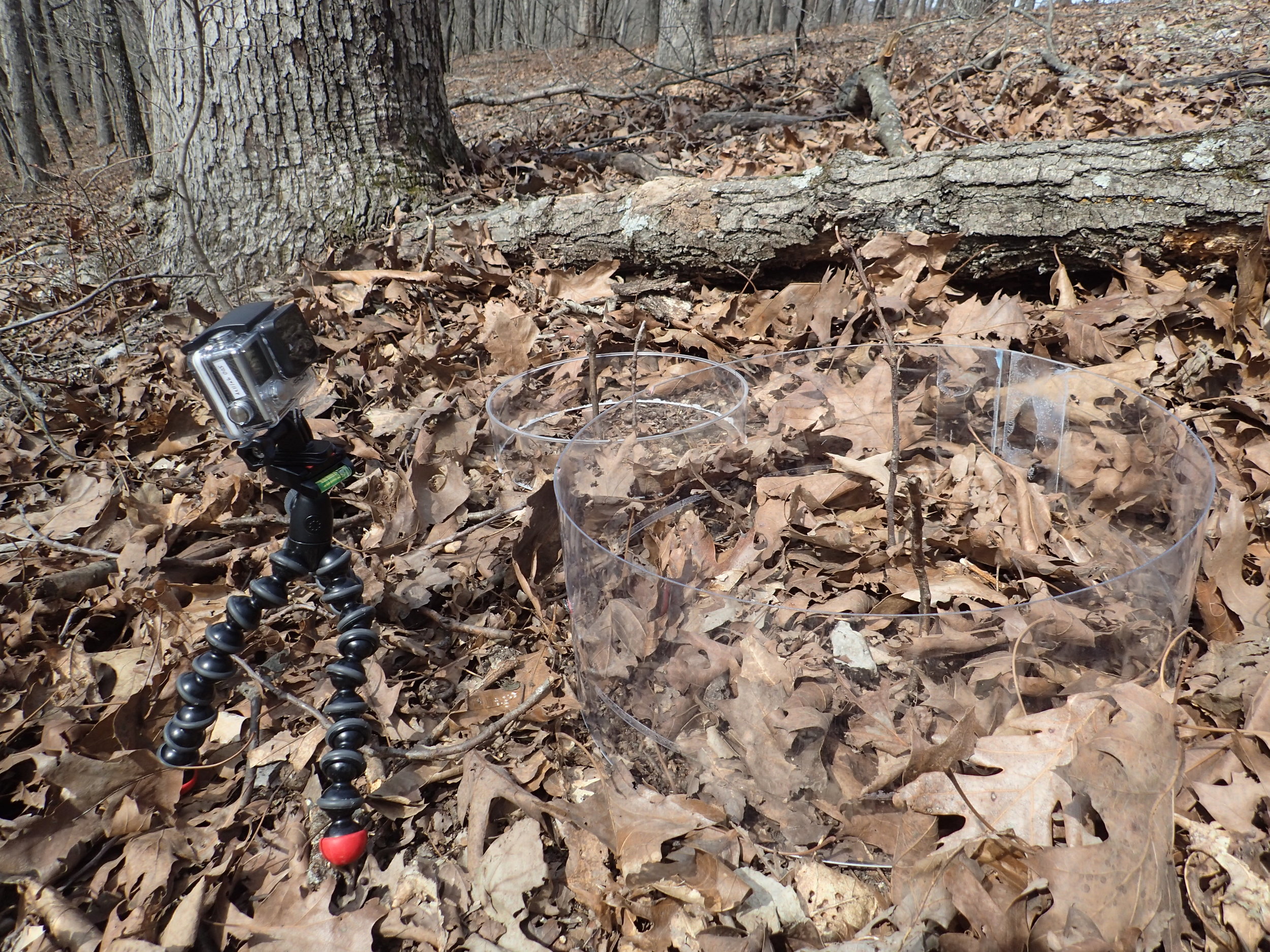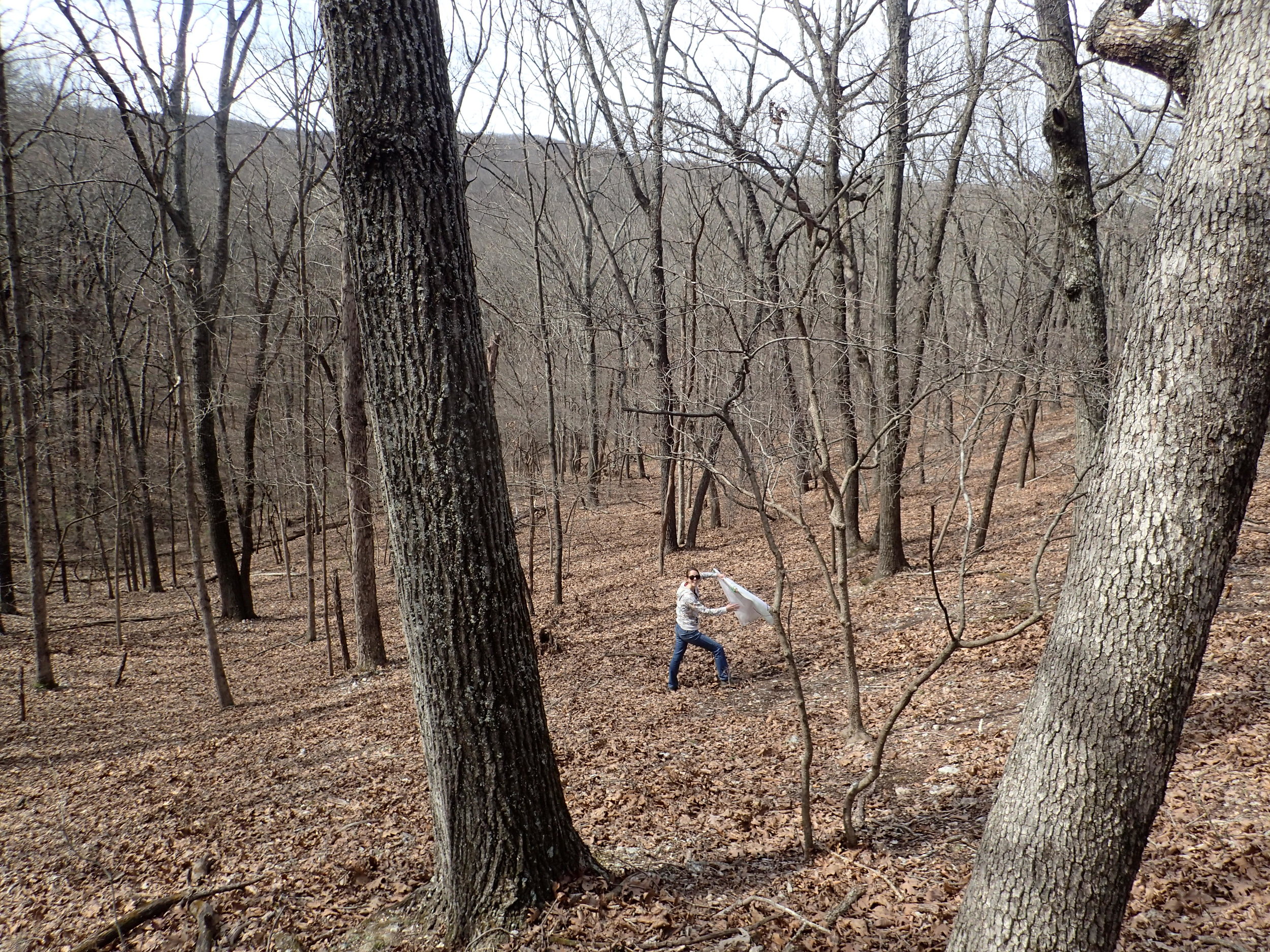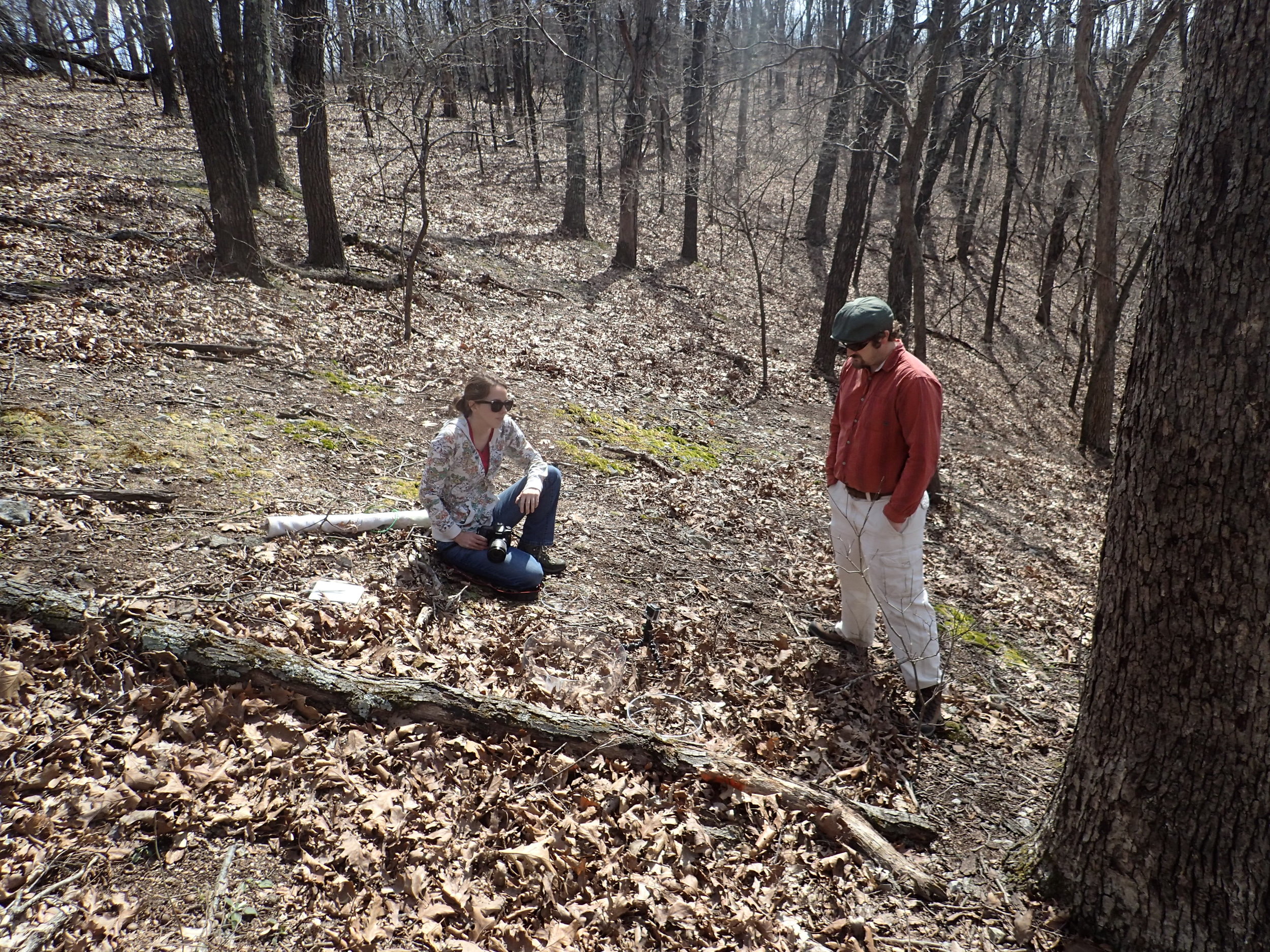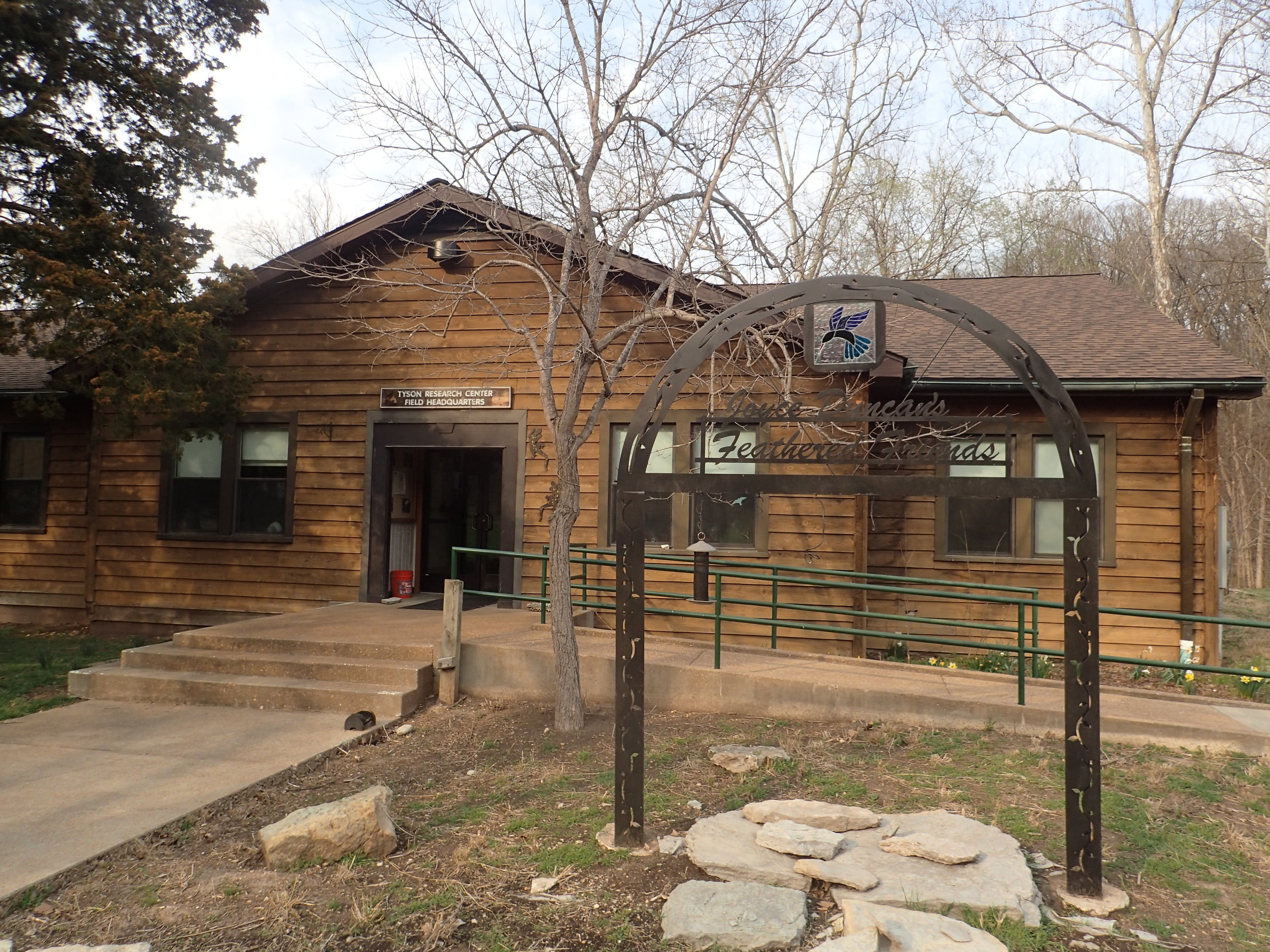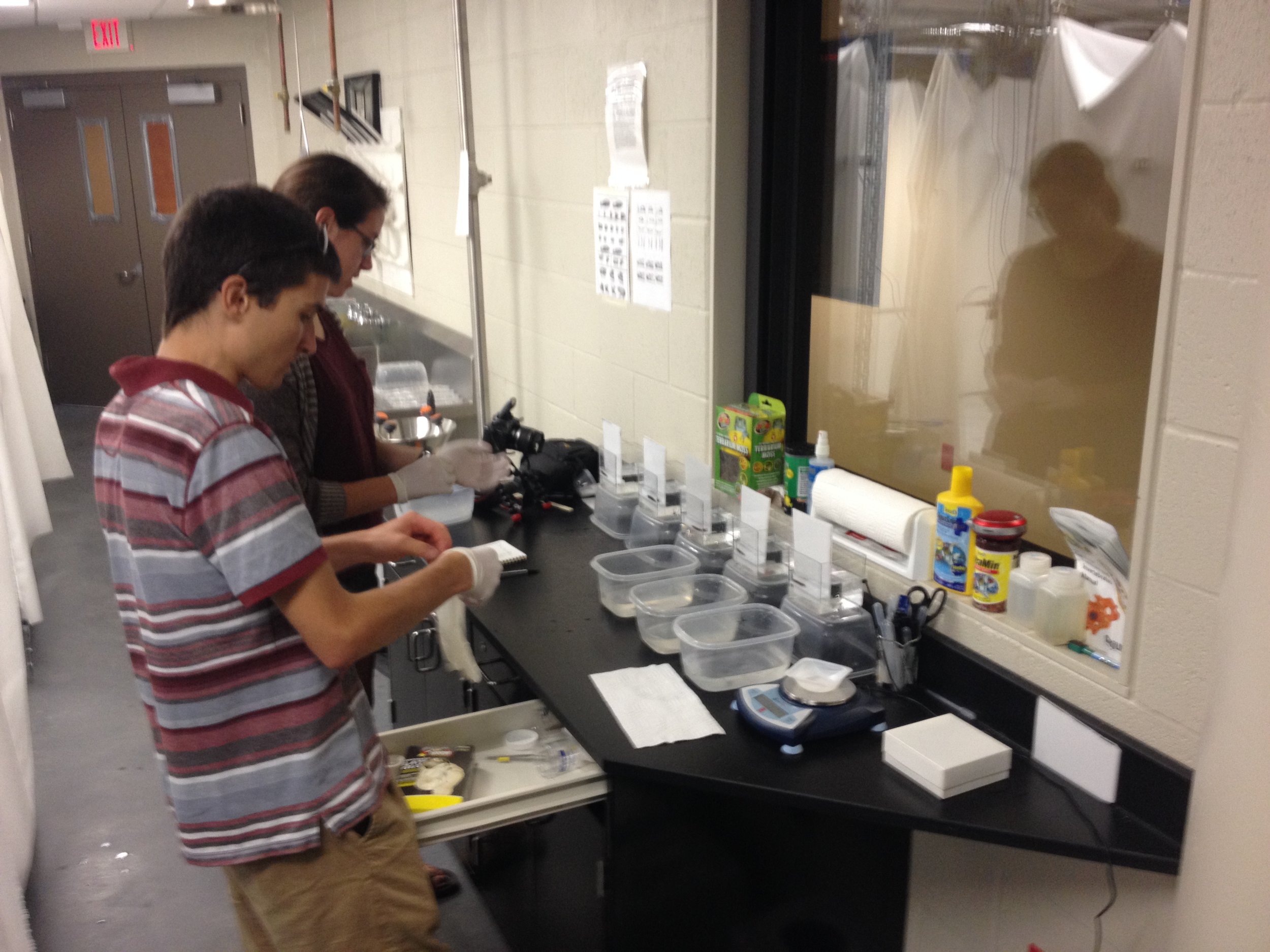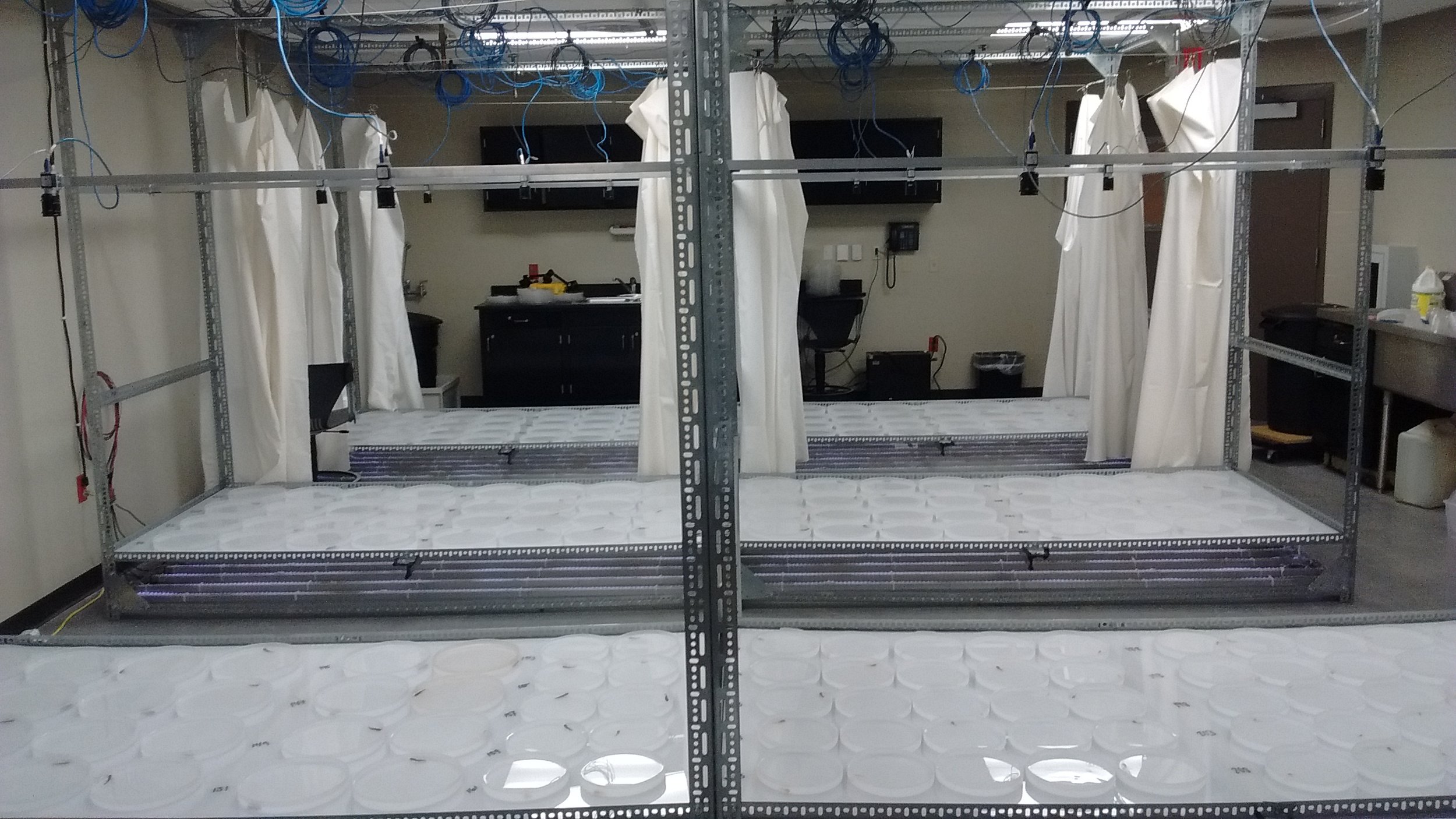Applications due 23rd January.
I have a paid undergraduate intern position avaliable in my lab this summer - on a project using automated behavioral phenotyping to explore how environment influences the behavior of aquatic invertebrates. Using state-of-the-art experimental methods, the student will conduct laboratory experiments to test how temperature, light, turbidity, micro plastics, and/or pH influence the movement of aquatic invertebrates inhabiting wetlands, many of which play important roles in ecosystems. To apply students will need to submit a general application here, and will need to list my project as their preferred option (PROJECT #4 Using automated behavioral phenotyping to explore how environmental drivers influence the behavior of aquatic invertebrates, with implications for wetland conservation) . More details about the program can be found here, or you can email me directly here.
A new paper of ours describes the role of host transient movement in the dynamics of disease spread - led by ex-postdoc Dave Daversa. We propose a conceptual framework that explicitly considers infection dynamics during transient phases of host movement to better predict infection spread through spatial host networks. You can find a pdf of this paper on our PUBLICATIONS page.
Tony gave a seminar today at Saint Louis University (SLU) today on "The body size and temperature dependence of animal movement and some consequence for trophic interactions".
Great to hang with the NGRREC family today - happy xmas to all!
Fun and productive visit to our lab today by Kim Medley (Wash U) to talk science, and listen to her seminar on the ecology of disease vectors.
Postdoc Carl Cloyed has been working overtime on a cool set of experiments to explore how the spatial distribution and density of resources (biofilm) affect the foraging behavior of a grazing predator (Radix snail).
Ashley Olsen ran an experiment in the tracking chamber to explore how the density of prey (mosquito larvae) and the density of predators (dragonfly nymphs) affect consumption rates. Using the tracking system enables us to explore the behavioral drivers of trophic interaction strength.
The lab (Tony, Carl, Ash) just returned from an awesome three weeks with John Delong at University of Nebraska's Cedar Point Biological Station in western Nebraska. Our work here centers on exploring the biological mechanisms underlying co-existance in a diverse grassland spider community, which we expect might have some behavioral underpinnings.
Tony attended the EPSCoR imaging workshop at the Danforth Plant Science Center. The purpose of the workshop was to link imaging and image processing to phenotyping and to share collective capacity on plant imaging technology and data. Really great to see the awesome progress plant folk are making with automated imaging!
Tony attended the biodiversity working group at the OneSTL Sustainability Summit. The Summit brought organizations, governments, and people together to share and learn new ideas for charting a defined path towards a sustainable and equitable St. Louis region.
Tony just back from the inaugral GRC on the Movement Ecology of Animals held in Ventura (CA), where he gave a talk about "The body size and temperature dependence of animal movement and some consequence for trophic interactions". Fun times with an awesome bunch of movement ecologists - looking forward to the next meeting in 2019!
A short field trip today to Washington University's Tyson Research Center, where we are working with postdoc Solny Adalsteinsson to explore the effects of fire on tick (and thus disease) ecology.
Postdoc Dave Daversa and summer intern Elizabeth Green have been hard at work getting their salamander foraging experiments underway. Using our unique 12-camera tracking system, the plan is to explore how spatial and temporal variation in the foraging and escape behavior scale up to affect the outcome of species interactions. We are using spotted salamander (Ambystoma maculatum) larvae feeding on gray tree frog (Hyla versicolor) tadpole prey.
And some photos of the experiment...
We currently have two paid undergraduate internships available in the lab for summer 2016.
1) Using UAV’s to monitor bison movement and vegetation dynamics at the Dunn Ranch Prairie
2) Burning question: How does prescribed fire affect tick behavior in riparian and upland forests
While I encourage interested students to email me with questions about the projects, note that to be considered for the positions students must submit all application materials electronically with the online application form (listing one of these two projects as their preferred option) by the Jan 18th deadline at www.ngrrec.org/internship.
Just back from Dunn Ranch Prairie in northern Missouri, where Andrew Berdahl, Steve Blake and I are doing some work on bison movement ecology, and its relation to tallgrass prairie ecosystems more generally. We currently have an 2017 summer undergraduate internship available as part of this project - see here for more details.
Best of luck to Dr. David Daversa who has moved to a new postdoc position in the Institute for Integrative Biology at the University of Liverpool.








